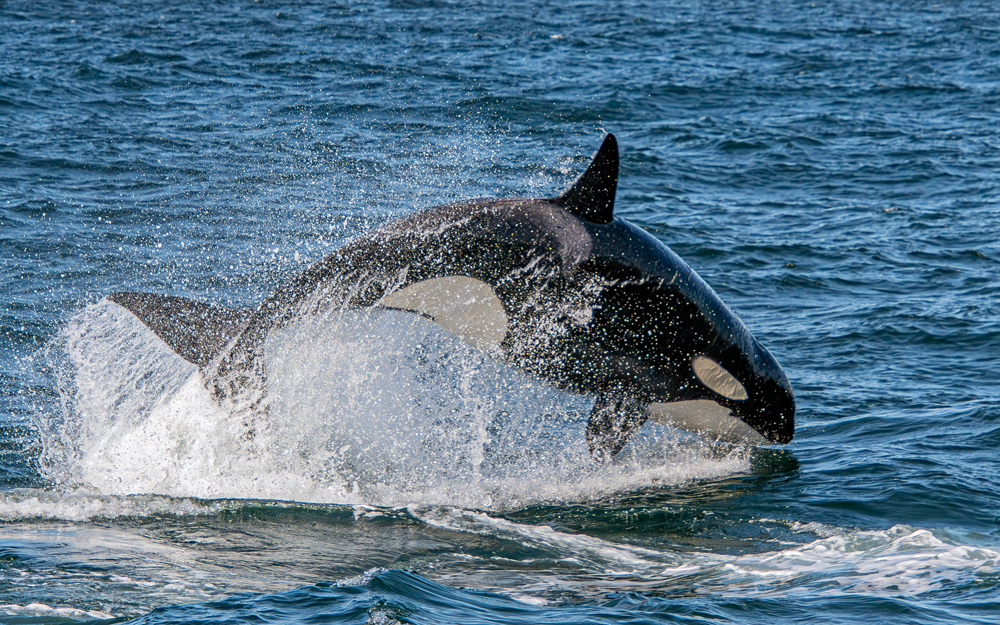Source: The Guardian
A new calf spotted among the critically endangered southern resident killer whales offered brief hope, but by mid-October, it appeared to be in poor health. This tragedy underscores the ongoing decline of the southern resident orcas, largely attributed to a lack of chinook salmon, their main food source. However, a new study from the University of British Columbia challenges this assumption, revealing that southern resident orcas have more access to chinook salmon than their healthier northern counterparts.
The study suggests that other factors, such as noise from marine traffic, may hinder the southern orcas’ ability to hunt, despite prey availability. These findings shift the focus from food scarcity to potential obstacles like environmental noise and foraging difficulties, deepening the mystery behind the southern orcas’ struggle for survival. Researchers emphasize the need to consider the orcas’ year-round food supply and the impact of human activity on their access to prey.
Read the full story HERE: https://www.theguardian.com/environment/2024/oct/16/orca-killer-whale-extinction-study

